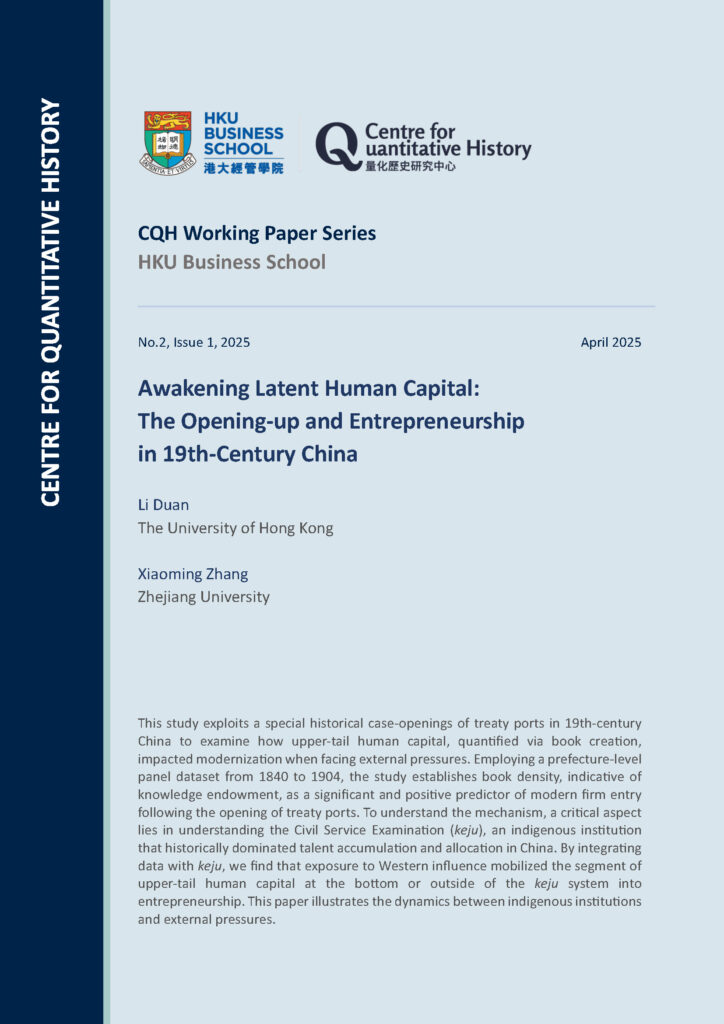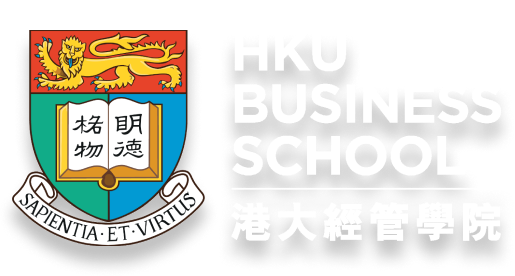





This study exploits a special historical case-openings of treaty ports in 19th-century China to examine how upper-tail human capital, quantified via book creation, impacted modernization when facing external pressures. Employing a prefecture-level panel dataset from 1840 to 1904, the study establishes book density, indicative of knowledge endowment, as a significant and positive predictor of modern firm entry following the opening of treaty ports. To understand the mechanism, a critical aspect lies in understanding the Civil Service Examination (keju), an indigenous institution that historically dominated talent accumulation and allocation in China. By integrating data with keju, we find that exposure to Western influence mobilized the segment of upper-tail human capital at the bottom or outside of the keju system into entrepreneurship. This paper illustrates the dynamics between indigenous institutions and external pressures.






